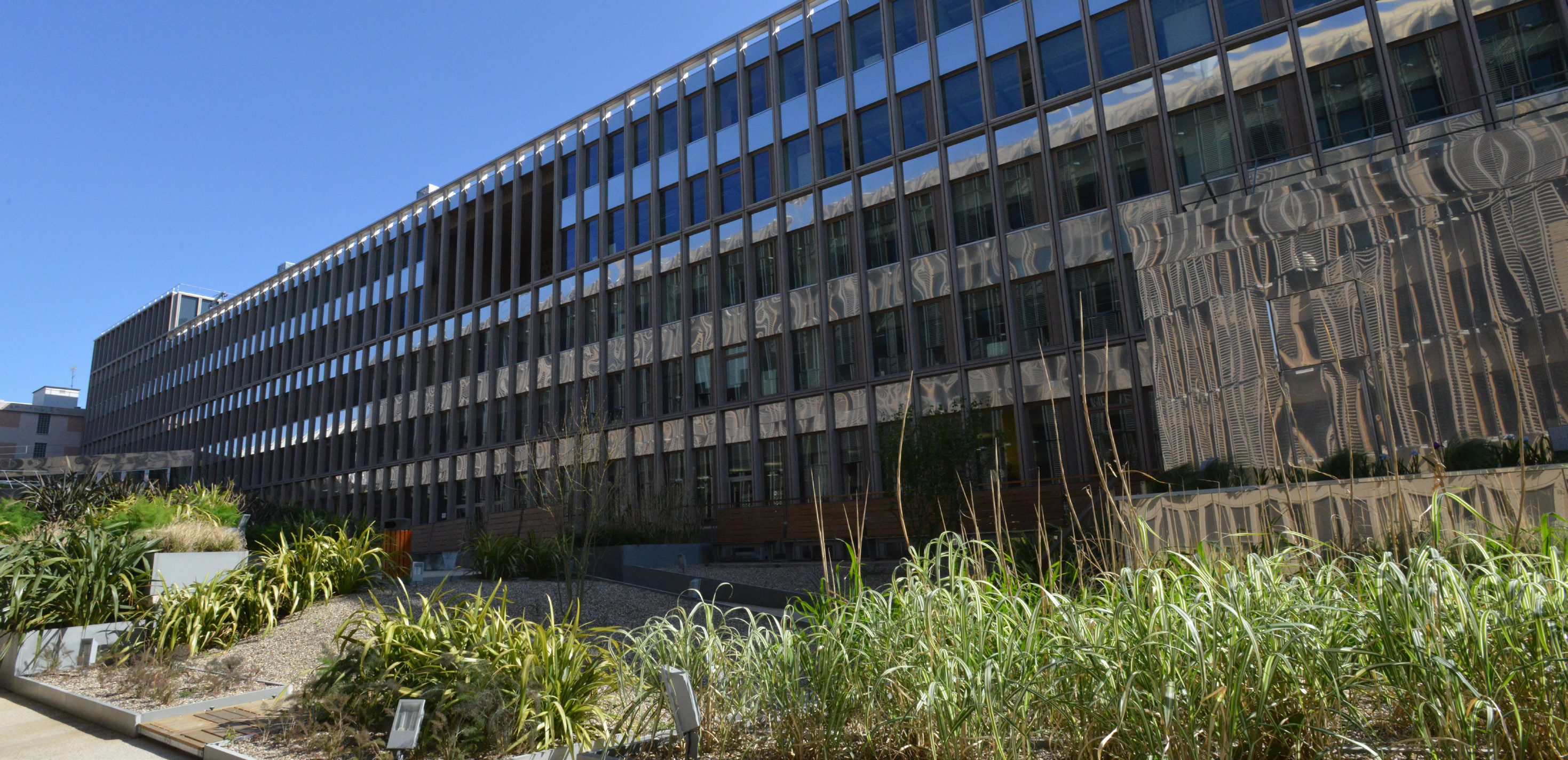Jobs and skills forecasting
This FMWJS approach consists of 2 simultaneous actions:
- a revision of the mapping of jobs and functions at Météo-France aimed at adapting the mapping of jobs to the reality of the future roles exercised within the establishment, to facilitate HR support and personnel management;
- identification of the quantitative (in terms of headcount) and qualitative (in terms of professions) changes planned for each family of professions, making it possible to present an HR support and training action plan. In particular, this involves preparing training plans for the coming years and supporting retraining through the construction of career paths adapted to the needs of the establishment and the wishes of staff.
The work completed was carried out for the 8 main job families: Aeronautics, Commerce, Upstream Forecasting and Safety Advice, Meteorological and Climatic Services, Administrative Functions, IT, Observation, Higher Education and Research.
A presentation of the approach was made at the professional mobility forum in the autumn of 2019 and the identified training needs were taken into account when developing the institution's three-year training plan.
The new jobs and skills reference framework will thus be finalised and implemented in 2020.
